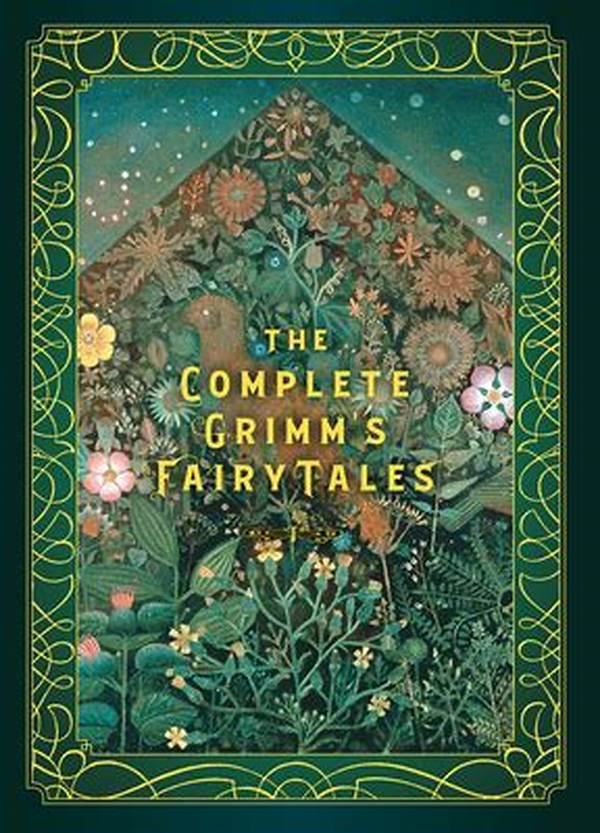Classic literature has long captivated readers around the globe, invoking a sense of wonder and discovery. The narratives that persist through centuries often possess qualities that transcend specific cultural and temporal boundaries. As society continues to evolve, these stories maintain relevance due to the timeless themes they encompass. The exploration of such themes in classic tales offers profound insights into the human condition, reflecting enduring dilemmas and existential inquiries that are as relevant today as they were when first penned.
Read Now : Deepening Relationships Through Empathy
Universality of Human Experience
The timeless themes in classic tales often revolve around universal human experiences, which remain unchanged despite the passage of time. Stories like those in Shakespearean dramas or the epics of Homer, for instance, delve into aspects of love, conflict, heroism, and tragedy. These themes have an omnipresent hold on readers, resonating deeply in the psyche due to their intrinsic link to the human condition. Analyzing these classic narratives, one finds that the challenges and triumphs faced by characters mirror those of real life, illustrating the perpetual nature of such experiences. Consequently, they provide a window into human motives, emotions, and actions, facilitating a deeper understanding of oneself and society at large.
Classic tales also reflect society’s moral and ethical dilemmas through their enduring themes. These narratives often utilize allegory and symbolism to question societal norms, encouraging readers to reflect on the morality and ethics within their community. Whether it’s Victor Hugo’s exploration of justice and mercy or the moral quandaries in “To Kill a Mockingbird,” these tales challenge perceptions and incite introspection. Thus, the timeless themes in classic tales serve as a medium for self-examination and cultural critique, enabling continuous dialogue across generations.
Impact and Relevance of Classic Narratives
Timeless themes in classic tales reveal the intricate relationship between individual identity and societal roles.
1. In Jane Austen’s works, the complexities of love and social class reveal enduring themes of social stratification.
2. Fairy tales often depict the battle between good and evil, showcasing timeless moral lessons.
3. The journey of self-discovery is a prevalent theme, as seen in Herman Melville’s “Moby Dick.”
4. Classic tales illustrate the struggle between destiny and free will, evident in Greek tragedies.
5. Charles Dickens’ exploration of poverty and class disparity continues to resonate today.
Literary Excellence and Thematic Perpetuity
The artistic craftsmanship in classic literature ensures that timeless themes remain impactful. Authors skillfully weave language and narrative structure to evoke emotional depth and philosophical inquiry. The timeless themes in classic tales are thus encapsulated in the linguistic prowess and narrative strategies employed by these literary masters. In evaluating these works, one observes an interdependence between narrative technique and thematic development, where language serves as a vessel for profound insights.
Furthermore, the recurring elements of these classic narratives speak to a collective human memory, a shared understanding transcending cultural boundaries. The themes embedded within these tales serve as universal truths, revealing insights into love, existential angst, morality, and personal growth. By engaging with these narratives, one gains access to the cultural and intellectual heritage that has shaped literary traditions throughout history. Thus, timeless themes in classic tales not only preserve cultural identity but also foster a sense of commonality among diverse populations.
The Role of Moral Lessons and Ethical Inquiry
1. Timeless themes in classic tales often intertwine with moral lessons, teaching right from wrong.
2. These stories inspire ethical considerations, prompting readers to reflect on personal values.
3. Moral quandaries presented in literature challenge readers to think critically about societal norms.
Read Now : Emotional Intelligence For Better Interpersonal Interactions
4. Authors use these narratives to question authority, advocating for justice and equality.
5. Themes of redemption and forgiveness offer hope and a path to transformation.
6. Classic literature encourages empathy and understanding through diverse character perspectives.
7. The allegorical nature of these tales allows for layered interpretations of ethical dilemmas.
8. The complexity of human emotion and action is explored through timeless themes.
9. Literature provides a safe space to explore moral complexities without real-world consequences.
10. Timeless themes in classic tales guide readers in navigating moral and ethical challenges of their own.
Continuity Across Cultures and Eras
The timeless appeal of these literary works can also be attributed to their adaptability across different cultures and historical contexts. As they navigate issues of morality, identity, and humanity, classic tales offer narratives that are highly adaptable, finding relevance and resonance in various cultural landscapes. This universality ensures that their messages remain impactful, making them a valuable resource for cross-cultural education and understanding. The continuous retelling and reimagining of these stories in contemporary settings further highlight their enduring significance.
Moreover, the timeless themes in classic tales underscore the interconnectedness of humanity across time and space. They act as a cohesive thread, weaving together a tapestry of shared human experiences. Even as languages, social structures, and technologies evolve, the core messages distilled in such literature remain pertinent. These tales become a bridge between the past and present, allowing individuals to explore both historical and contemporary human experiences in a meaningful context.
The Enduring Legacy of Classic Literature
Classic literature encompasses themes that transcend time, offering narratives rich in complexity and depth.
The timeless themes in classic tales provide invaluable insights into the universal aspects of human nature, while their narrative ingenuity continues to influence modern storytelling. Authors of classic literature masterfully crafted narratives that have influenced countless generations, ensuring a lasting legacy. As these stories continue to captivate new audiences, they remind us of the enduring power of great literature to illuminate, inspire, and transform.
